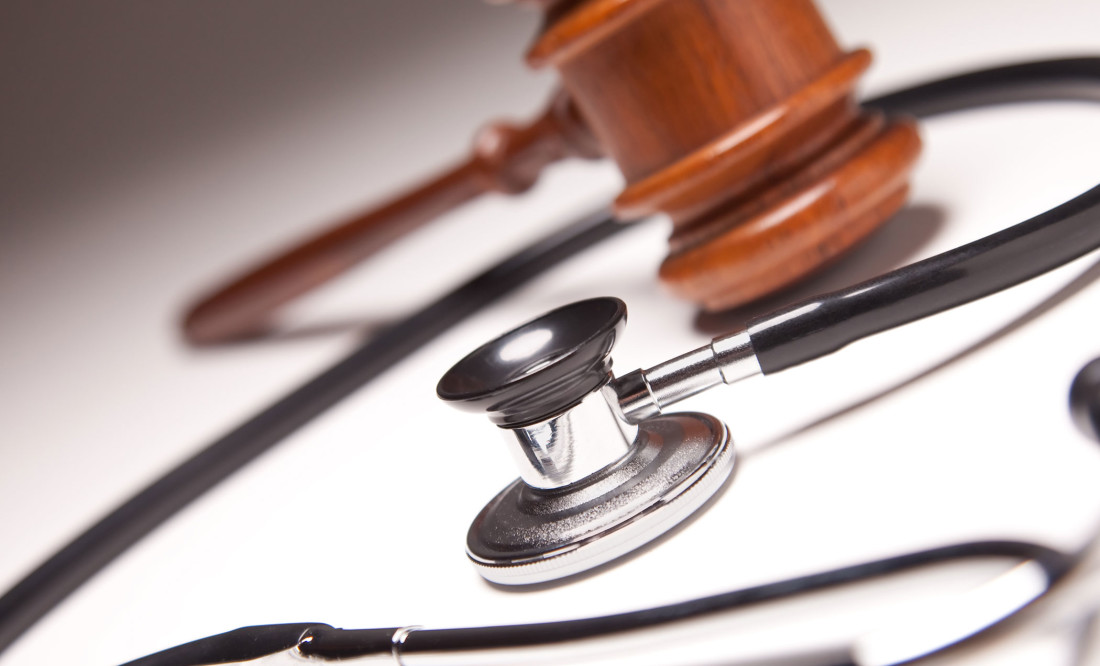
The New Jersey Patient Safety Act
For almost fifteen (15) years, New Jersey health care facilities acted in compliance with the Patient Safety Act[2] (“Act”) by confidentially reporting adverse events and the results of “root cause” analysis to the New Jersey Department of Health (“NJDOH”), without fear of disclosure of this sensitive information to the patient/potential medical malpractice plaintiff. The Act was legislatively designed to minimize adverse events caused by patient safety system failures in health care facilities. Through a confidential review process, health care facilities perform self-critical analysis concerning adverse events. Previously, health care facilities routinely reviewed their policies and procedures and reported identifiable issues without fear of disclosure in litigation.
The Act requires health care facilities to establish safety committees that perform self-critical analysis relative to Serious Preventable Adverse Events (“SPAE”) and “near-miss,” incidents, evidence-based plans for improving patient safety, and provide patient safety training to its staff.[3] When a safety committee meets pursuant to the Act, they must perform a “root cause analysis” identifying the cause of the adverse event and setting forth remedial corrective action. Furthermore, the safety committee must also report the adverse event to NJDOH and to the patient. However, prior to the Court’s recent decision, any documents, and/or materials, developed “exclusively” during the self-critical analysis were privileged and not subject to discovery in medical malpractice litigation.[4]
Impact of Recent Supreme Court Ruling
However, in Bugaletta, the New Jersey Supreme Court materially altered that confidentiality protection. As a result, New Jersey health care facilities and their physicians involved in medical malpractice litigation must now provide a summary narrative of notations within the patient’s medical records that, when read in conjunction with patient’s records, reveal the nature of the events underlying a SPAE. The narrative summary must be provided, even when the SPAE was the subject of a facility’s safety committee. In sum, the scope of litigation disclosures was extended, and facts identified and/or discussed during internal self-critical analysis performed pursuant to the Act is no longer absolutely privileged. This erosion of the self-critical analysis privilege opens health care facilities and health care practitioners to potential liability.
In Bugaletta, Plaintiff was admitted to Defendant, Chilton Memorial Hospital (“Hospital”), and underwent multiple surgical procedures. During her hospitalization, Plaintiff’s doctor recorded that Plaintiff missed doses of an antibiotic that the doctor had ordered. Although Plaintiff’s medical records, which were produced in discovery, reveal the missed doses, Plaintiff contends that she was never advised of same. Prior to institution of suit, the Hospital convened a safety committee meeting and issued reports of its self-critical analysis conducted pursuant to the Act. During the course of the litigation, the Hospital identified two (2) reports generated during safety committee meetings, claimed privilege and refused to produce the reports. Initially, the trial court ordered production of one of the two reports, in a redacted format. Additionally, the trial court ruled contrary to the Hospital’s determination, that the alleged improper treatment rose to the level of an SPAE and ordered the Hospital to report the event to the NJDOH.
On appeal, the Appellate Division reversed the trial court’s order releasing the redacted report as well as the determination that the event qualified as an SPAE. Specifically, the Appellate Division found that the Act’s privilege over self-critical analysis is conditioned solely on whether the documents and/or information was generated during the facility’s review process conducted pursuant to the Act.
On subsequent appeal, the New Jersey Supreme Court recently ruled that a court may not order the release of documents prepared by a health care facility performing self-critical analysis pursuant to the Act, even if redacted. However, the Supreme Court held that the Act does not prevent disclosure of information “otherwise” available and discoverable. Specifically, the Bugaletta Court noted that Plaintiff’s medical records contained numerous notations that reveal the nature of the alleged adverse treatment. The Court also noted that defense counsel previously provided the trial court with a narrative summary of the relevant notes in Plaintiff’s records in an effort to demonstrate that Defendants had provided the underlying non-privileged factual information concerning Plaintiff’s treatment. The Supreme Court, relying on the New Jersey Court Rules, held that the Defendants must produce a narrative factual summary to accompany Plaintiff’s treatment records in response to Plaintiff’s discovery demands.
The Bugaletta decision is clearly a benefit to patients who experience adverse events due to possible medical negligence and may lead to expanded medical malpractice exposure and lawsuits filed in New Jersey. Medical facilities, professionals and their respective insurers should follow Segal, McCambridge, Singer & Mahoney, Ltd.’s Professional Liability Practice Group to review additional updates and clarification concerning the scope of medical negligence in New Jersey.
[1] Bugaletta v. Garcia, 2018 W.L. 3554635, ___ A.3d ___ (N.J. Supreme Crt. 2018).
[2] N.J.S.A. 26:2H-12.23-12.25.
[3] See N.J.S.A. 26:2H-12.25(b); See also N.J.A.C. 8:43E-10.4 and 10.5(a).
[4] See N.J.S.A. 26:2H-12.25(f)(1) and 12.25(g)(1); See also N.J.A.C. 8:43E-10.9(a)(1).


